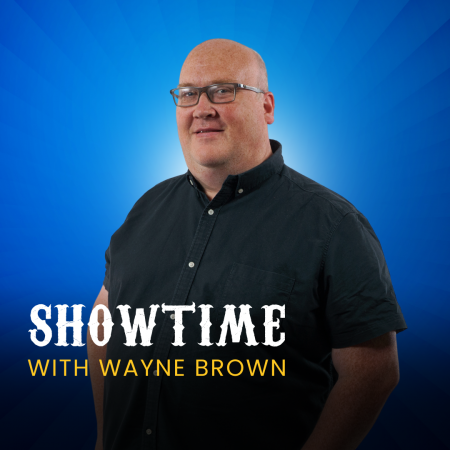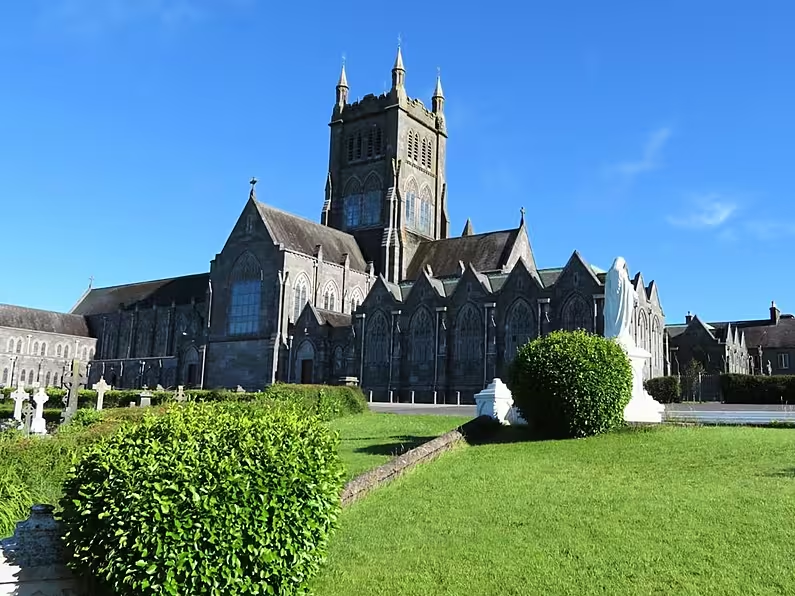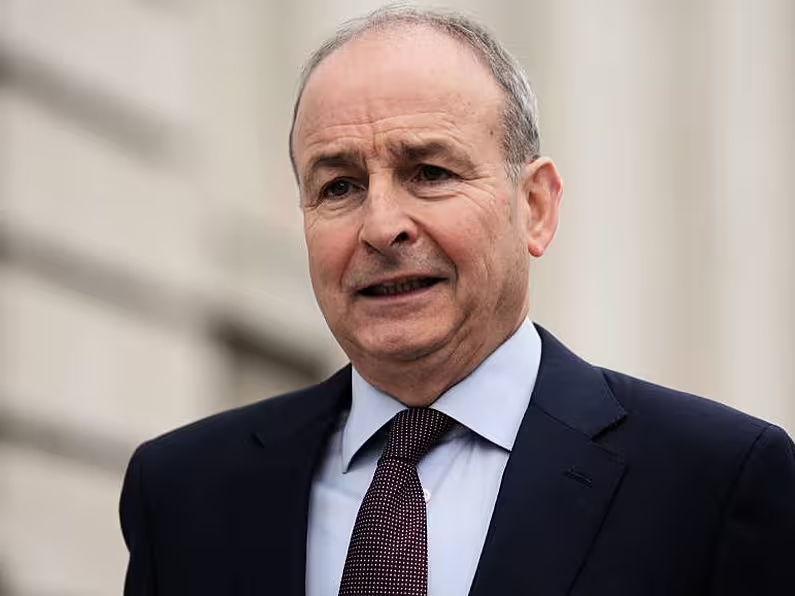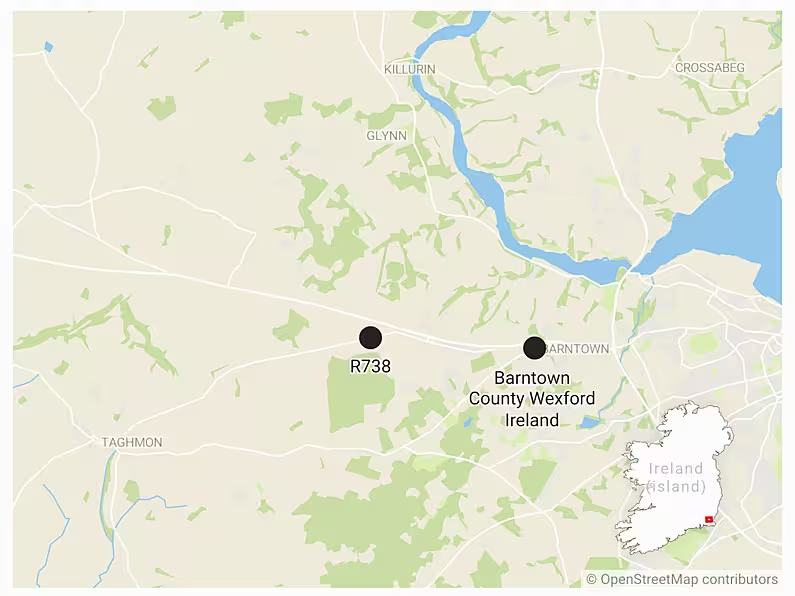An Irish and British bid for the 2030 World Cup would create “significantly higher” commercial returns than one from South America at a time of financial uncertainty, a FIFA vice-presidential candidate has said.
Kieran O’Connor, the president of the Football Association of Wales, could become Britain’s most senior administrator if elected as a vice-president of the world game’s governing body at UEFA Congress on Tuesday.
A feasibility study is assessing whether Ireland and the UK will go ahead with a 2030 bid, with the formal bidding regulations being fixed by FIFA in the second quarter of 2022.
If selected as UEFA’s choice, which itself is by no means guaranteed, Ireland and the UK would likely go forward to face a bid from South America.
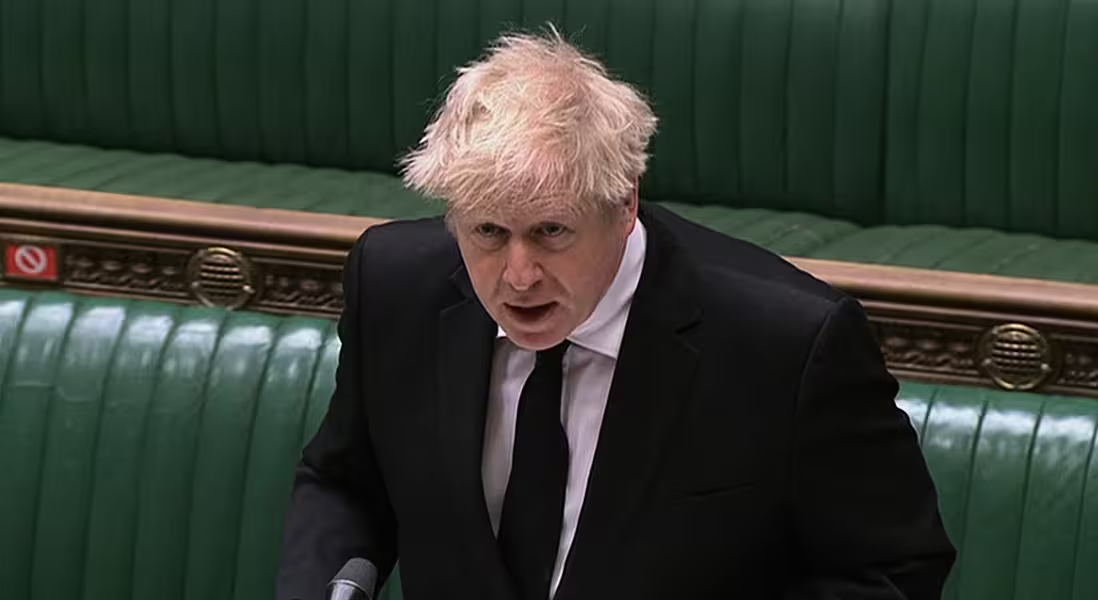
Uruguay hosted the inaugural World Cup in 1930, and the sentimental attraction of playing the centenary finals on the same continent is obvious, but O’Connor believes the commercial virtues might be decisive.
“We have the facilities, we have the organisational ability, we have got everything,” he told the PA news agency.
“I’m sure the commercial return of a UK [and Ireland] bid would be significantly higher than any South American bid.
“FIFA needs to make sure that it has sufficient funding for the next 10 to 12 years to cover for any eventuality that this pandemic may bring us in the future.”
O’Connor recognises though that sometimes FIFA has used the World Cup to develop the game in new areas.

“Qatar, for example, on the outside looking in, it doesn’t make a great deal of sense, but I am sure that (taking the World Cup there in 2022) will encourage and develop football significantly in that part of the world,” he said.
“Sometimes it’s not the commercial aspects that are important, there are other issues that have to be taken into account.”
For 2030, that might mean China is the standout contender, but O’Connor said: “I don’t think China are ready yet, I think they probably will be in 2034 maybe.
“If China ever get it, that will be an interesting one. It’s an enormous place and they are developing their facilities. It’s such a big place that team transport might be an issue. By 2034 they could well have the ability to do it.”
O’Connor will be up against David Martin, the president of the Irish Football Association, and Michael Mulraney, the vice-president of the Scottish Football Association, in Tuesday’s vote.
A former referee, O’Connor has been involved in football administration since 1986 and has sat on the FAW Council since 1999.
He believes his background as a chartered secretary with a focus on good governance can be an asset to FIFA as it tries to move away from the corruption scandals which tainted its past.
“[FIFA president] Gianni [Infantino] is an honest man, and I like to be transparent and honest,” O’Connor said.
“I don’t think you will have the same sort of issues that plagued them historically, however we have to make sure everything is transparent, everything is robust.
“FIFA and UEFA now have the right people in place, but you can’t relax, you have to make sure that everything is transparent, everything is robust and that everybody knows what they’re doing, what their authority levels are, and it’s monitored and reviewed regularly.”
O’Connor would serve for a two-year term if elected, and would like to see FIFA use its “clout” to tackle the problem of social media abuse.
“I think it’s something that they can get involved in,” he said.
“Whether they can stop it is another thing, because there’s a lot of money involved in social media companies and money is the root of all evil as we know.”
O’Connor believes easy identification of abusers is key, but accepts there are major issues around social media companies holding even more personal data than they already do, and the importance of anonymity online in some circumstances.
“It’s a difficult one and there are people far cleverer than I am who have better ideas than me,” he said.
“But we have got to sort this problem out. There is always something new to learn and I’m sure once we delve into this someone may well come up with an answer.”


